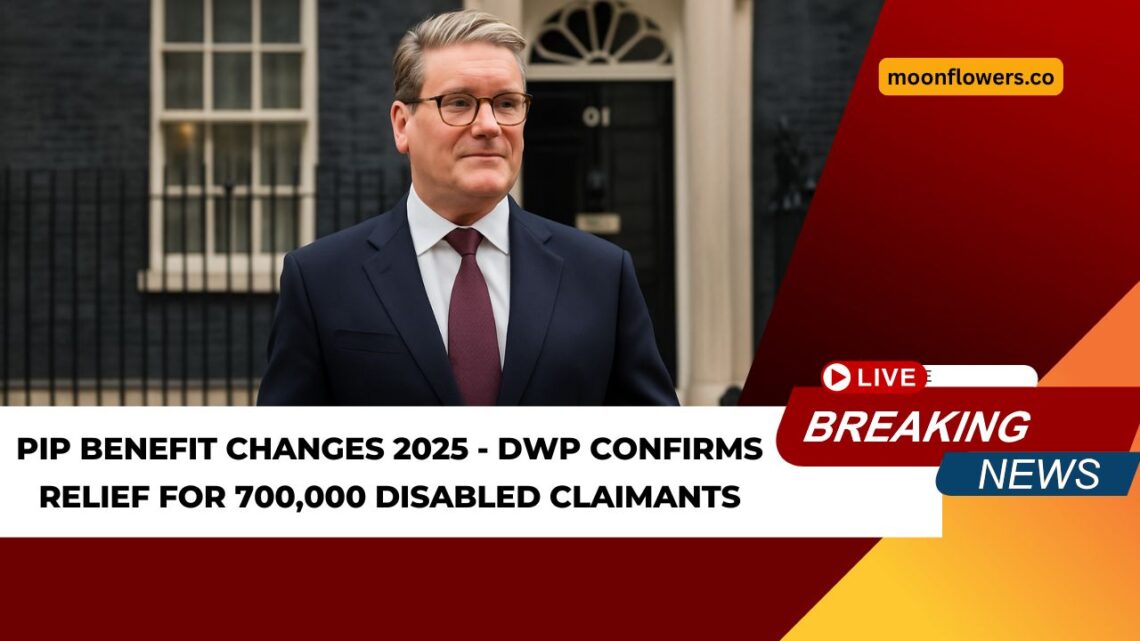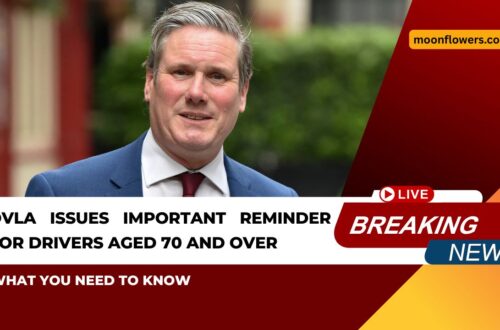The UK welfare system is undergoing one of its biggest reforms in years, as the government under Prime Minister Keir Starmer plans to revamp the Personal Independence Payment (PIP) scheme.
PIP supports people with long-term disabilities or health conditions by helping cover the extra costs of daily living and mobility needs. But with rising costs and a surge in claims, the Department for Work and Pensions (DWP) has announced a series of new rules expected to start taking effect in 2025.
Crucially, the DWP has confirmed that around 700,000 people will be fully exempt from the new rules, offering reassurance to some of the most vulnerable claimants.
Who Will Be Exempt from the New Rules
The DWP has clarified that the exempt group includes people with severe and lifelong disabilities whose conditions are permanent and unlikely to improve.
This means they will not face stricter rules or repeated reassessments, which have often been a source of stress and hardship.
| Group | Status Under 2025 Reforms |
|---|---|
| Severe lifelong disabilities | Fully exempt from new rules |
| Fluctuating/temporary conditions | May face stricter rules |
| New claimants | Must follow new process |
This exemption aims to protect the most vulnerable, while giving the government room to modernise and control costs in other parts of the welfare system.
Why the Government Is Reforming PIP
PIP spending has grown rapidly in recent years, placing increasing pressure on public finances.
Ministers argue that reform is essential to make the system fair, sustainable, and efficient, while still supporting those most in need.
Charities have raised concerns that reforms could increase hardship for many disabled people, but the government hopes that exempting 700,000 claimants will demonstrate a balance between compassion and financial responsibility.
Key Assessment Changes Under the New Rules
Currently, many PIP claimants face stressful and inconsistent face-to-face assessments. Under the new system planned for 2025, the DWP aims to make assessments less burdensome for some and more targeted for others:
- More reliance on medical evidence from doctors and specialists
- Fewer reviews for people with permanent conditions
- Tighter scrutiny for fluctuating or temporary conditions
This shift could reduce stress for those with severe disabilities, while ensuring that support goes to those who most need it.
What Will Stay the Same
Despite the changes, PIP will continue to offer vital financial support for millions of disabled people. The key principles remain:
- Payments every four weeks
- Non-means-tested (savings and income don’t affect eligibility)
- Covers extra costs like mobility aids, care, and energy bills
For the 700,000 exempt claimants, this means their entitlement and payment schedule will remain unaffected, offering immediate peace of mind.
Mixed Reactions from the Public
The announcement has drawn mixed reactions from disability groups and campaigners.
Charities welcomed the protection for people with lifelong conditions, many of whom have endured repeated reassessments despite no prospect of recovery.
However, campaigners warn that millions of other claimants could face tougher rules, and they are urging the government to consult disabled people before finalising the reforms to avoid worsening inequalities.
The PIP disability benefit changes planned for 2025 mark a significant shift in the UK’s welfare system, aiming to balance support for vulnerable people with financial sustainability.
While 700,000 claimants with severe lifelong disabilities are fully exempt, others could face tighter rules and closer scrutiny.
The success of these reforms will depend on whether the DWP can deliver a fairer system without creating new hardships for disabled people.
FAQs
How many people are exempt from the new PIP rules?
Around 700,000 claimants with severe lifelong disabilities will be fully exempt from the new DWP rules.
When will the PIP reforms take effect?
The exact date has not been announced, but changes are expected to begin rolling out during 2025.
Will PIP payments still be made every four weeks?
Yes, PIP will remain non-means-tested and will continue to be paid every four weeks even after the reforms.









